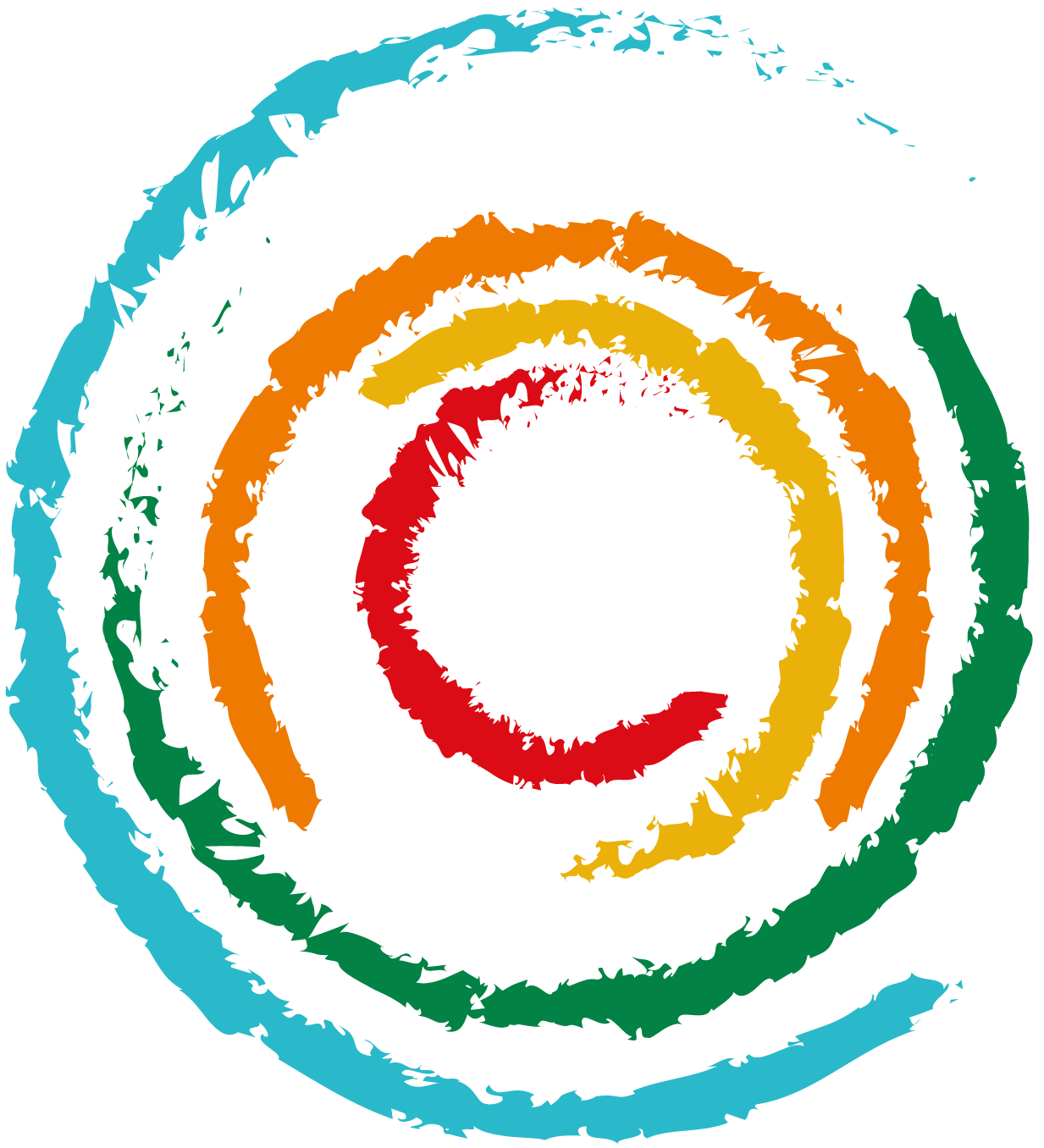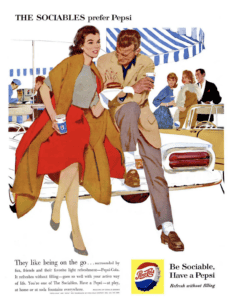Organizations with consciousness and a clear purpose. A purpose that is greater than the narrow self-interest of the organization. If there’s one thing I’ve been focusing on as an organizational consultant for the past 10 years, it’s that.
But recently, I realized that I had actually overlooked something essential all this time…
I became aware of this through the book “Citizens” by Jon Alexander.
From Subject to Consumer
Alexander argues that around the World Wars of the last century, there was a shift from what he calls the Subject Story, the Story of the Subject, to the Consumer Story, the Story of the Consumer. You could also call this the shift from the red/amber paradigm to the orange paradigm. Until the Industrial Revolution, power resided with the aristocracy, who simply told the average citizen what to do. No questions asked, no rights, just obedience.
Due to the Industrial Revolution and reinforced by the First World War, power shifted to a new group of people: the industrialists and the workers.
The new story was that it was good to buy and consume a lot. Trade and consumption would lead to peace, that was the idea. New institutions were established to support this: the World Bank, the IMF, and the precursor to the EU: the ECSC. New metrics, new indicators that could measure success, such as GDP and Consumer Confidence, were created. People were told that they could express their identity by using or wearing certain products.
A significant change was that people were told that they had rights to things like service and quality. They could demand them. And they could choose. In itself, this was certainly progress compared to the Story of the Subject, where you had no say. But (of course), this new Story also had its unhealthy aspects. As a consumer, you are primarily focused on your personal, individual interest rather than the collective interest.
We were encouraged to consume as much as possible. From one week of camping per year to 3 vacations per year, including a weekend trip to Barcelona by plane. Not one winter coat that would last three years, but four different coats, depending on your outfit. Available for a bargain at fast fashion chains.
Consuming to make the world better
However, what I never realized, and what became clear to me after reading Jon Alexander’s book, is that even the green paradigm, with its societal consciousness, has been absorbed by the Story of the Consumer. We have been persuaded that we can save the world if we simply buy the right products. By buying more of them, you will save the world faster.
And with that, several things happen:
- As a consumer, you actually surrender your influence to companies. Your influence consists of choosing between chop A or B. Or not buying chops at all.
- We have come to believe that we can save the world by consuming more. While that may be the last thing we need right now: more consumption.
- And solving collective problems is also approached as a set of individual choices. If you just take shorter showers, the climate problem will be solved automatically. If you don’t, it’s your fault that sea levels are rising.
To be fair, I had never looked at it this way before. But if you pay attention, you see it everywhere. How we are encouraged to buy to save the world.
While we also know that most problems we face cannot be solved at this level. Many problems are collective and need to be solved collectively. Often, a systemic change is required that may not even be in your personal, individual interest, but in the larger, collective, and long-term interest.
Moreover, companies sometimes appear to solve a problem, but they don’t really. It’s more like greenwashing. There are plenty of painful examples. For instance, read about how KLM
suggests that flying becomes more sustainable because the coffee grounds from airplanes will be recycled. Or see how the television program “Keuringsdienst van Waarde” exposes that Albert Heijn has developed a “Better for” label, but the improvement it suggests is at best cosmetic.
From consuming to participating
So, what do we really need? Jon Alexander describes it as follows: society needs to move away from the Story of the Consumer and progress toward the Story of the Citizen.
What’s the difference? In the Story of the Citizen, you are a participant. You actively contribute to problem-solving, utilizing your creativity and potential, rather than just choosing between product A, B, or C. As a participant, you are also more focused on the collective interest than as a consumer.
There are various ways in which this can happen, both in governments, non-profit organizations, and businesses. I will further elaborate on this in an upcoming blog. I will also explore the link between the Story of the Consumer and self-organization.
I am exploring how we can move from the Story of the Consumer to the Story of the Citizen. I believe it is important, but I don’t yet know exactly how it should be done. Are you interested in this? Or would you like to contribute your thoughts? Awesome! Let me know.




Alex Pielaet
Hi Heleen,
Great article, I like what you try to bring to the attention here. I agree with what is advocated here. We have to do it together and so much talent is wasted on simply making money and/or ego purposes. We can’t blame people because we’ve been raised in a system that was geared that way and if it wasn’t for a tragic experience in my life I wouldn’t have changed either. We can only inspire others by sharing our stories.
The shift that is advocated here touches upon the principle of ‘empowered participation’ that I encountered in a course on Regenerative Economics. One could think of this principle advocating that every things nature has a right to exist and that every person in society should have the possibility to express its uniqueness and contribute to the whole. Following this principle, I recently wrote ‘people need to cast off their labels as simply ‘citizen’ and ‘customer’ because the new economy can not be realized top-down. It can be top-down informed and facilitated in a servant-leader kind of way but the biggest part rests with the people so therefore I would like to quote Kate Raworth: “We are all economists now!” [it is the title of the last chapter of Doughnut Economics]’
I fully understand how this shift goes hand in hand with what you do as an organizational consultant, because people that are aware enough of the problems often also understand that the idea of authoritarian / hierarchical organizations is passé. Also, since we’re dealing with systemic issues, working in silo’s makes no sense anymore.
I am looking forward to your next blog. With regard to ‘how it – this shift – should be done’, I had to think about Donnie Maclurcan from the Post Growth Institute say “that a lot of people know/feel something is wrong in our economy and society on a lot of areas. It is just the extent of cognitive dissonance that someone is able to deal with, that makes the difference between someone (still) looking away or facing reality and then taking action to realign his or her life.” Speaking from my experience, I made this switch because there were other people before me felt the same things and they had the balls to signaled these issues, express their concerns and act accordingly. So, my advice would be not spend time on converting people but, as Kath Raworth says, “go where the action is” and highlight and spread what is happening there. These messages will reach other people and drip-feed the cognitive dissonance and “the steady drip hollows out even the hardest stone.”
In addition, I believe there’s enough material for people to make themselves aware but most people will only become truly aware and start making the necessary changes when the consequences of the way we are living overwhelms them in their personal life. However, what is also needed is for people to know how to deal with the realization of how the world really works. So, emotional, psychological realization of how to deal with that. The best example – I encountered so far – is a discussion between Nate Hagens and Daniel Schmachtenberger. This discussion is the third episode – out of five – called Bend not Break. Apart from having this discussion on how to deal with realization awareness, they also provide the most extensive and rigorous view – that I have encountered so far – on the global economic situation. It might not be easy to digest but it is soooo worth it.
I’ll leave it at that for now. Let me know what you think! 🙂